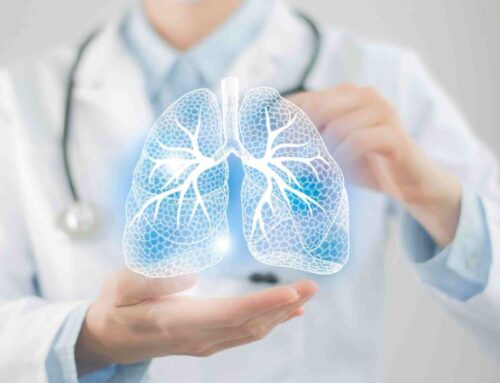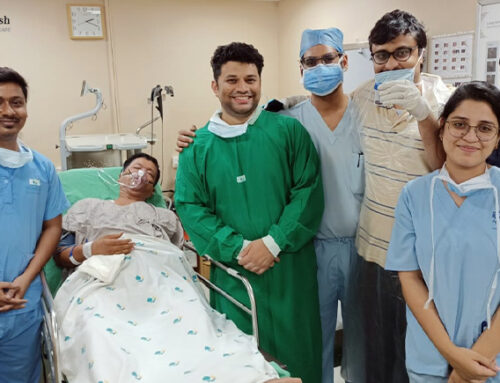Coronavirus disease 2019 (COVID-19) is widespread throughout the world. Fever, cough, shortness of breath, exhaustion, confusion, joint pains, sore throat, anosmia, chest pain, and gastrointestinal symptoms are all frequent COVID-19 symptoms. Most individuals infected with COVID-19’s causal agent, severe acute respiratory syndrome coronavirus 2 (SARS-CoV-2), recover and return to normal health within 11 days. However, some people may experience symptoms for up to two weeks or even months after they have recovered from their acute sickness. This syndrome is known as ‘long COVID,’ and patients are referred to as ‘long haulers.’ It affects about 10% to 20% of COVID-19 patients. Best chest specialist in Kolkata can help you with more information.
Long COVID occurs when persons continue to have COVID-19 symptoms and do not fully recover for several weeks or months after their symptoms first appeared. According to several studies, patients with mild instances of COVID-19 recover within 1–2 weeks of contracting the SARS-CoV-2 infection. Recovery from COVID-19 might take up to 6 weeks in extreme patients. Researchers may define post-acute COVID-19 as symptoms lasting longer than three weeks after onset and chronic COVID-19 as symptoms lasting longer than 12 weeks after onset. Other studies define long COVID as COVID-19 symptoms that continue longer than two months. There are several best covid specialist in Kolkata.
Causes that may exist
Researchers aren’t sure what causes COVID-19’s effects to last so long, but some suspected reasons for extended COVID include:
- The immune system’s response is reduced or non-existent.
- Re-infection or relapse of the virus
- Inflammation, or an immune system reaction
- Deconditioning is a change in physical function caused by inactivity or bed rest.
Post-traumatic stress disorder (PTSD) is a condition that occurs after
According to some research, the long-term effects of COVID-19 could be the consequence of damage to several organs, including the lungs, heart, and brain.
For example, a 2020 analysis of post-mortem samples from COVID-19 victims reveals that substantial lung damage could explain the symptoms of long-term COVID-19 exposure. COVID-19 may also impact these organs by causing long-term alterations in the immune system. These alterations, particularly in the lungs, could continue longer than the virus is removed from the body. The symptoms that people describe could be caused by various disorders. Post-intensive care syndrome, post-viral fatigue syndrome, and long-term or post-COVID-19 syndrome are all possibilities. Some persons may have multiple syndromes going on at the same time. You can search for the best asthma allergy specialist in Kolkata.
Recovery
It is presently unknown how long COVID healing will take. According to research, people may develop symptoms 60–90 days after the initial infection, and some people may suffer symptoms for much longer. You can search for the best pulmonologist in Kolkata.
Aside from SARS-CoV-2, other viruses can produce long-term illnesses. ACCORDING TO THE BRITISH HEART FOUNDATION, long COVID symptoms may resolve after three months, based on the symptom duration of other viruses. People may continue to feel weary for up to 6 months. However, they are only approximations, and recovery timeframes may vary from person to person. Because extended COVID is such a new disorder, researchers and healthcare professionals are still trying to figure out what causes it, what treatments are available, and how long it takes to recover.







Leave A Comment